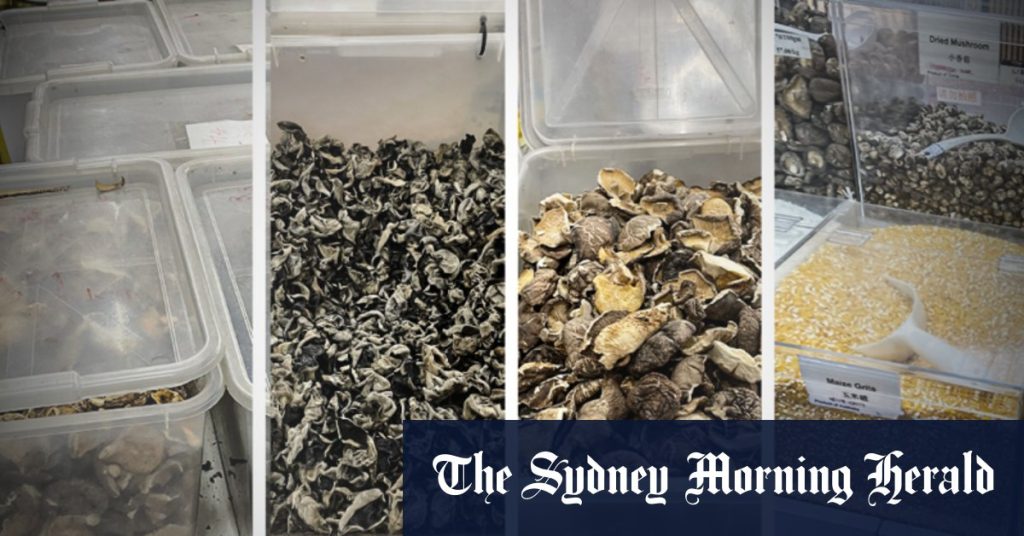The Age conducted an investigation in October and found that dried mushrooms were being sold without labels in plastic bins at independent grocery stores. The labels on the bins did not provide clear product information and were often in another language. The Australia New Zealand Food Standards Code requires sellers of unpackaged foods like dried mushrooms to provide a specification sheet that includes information such as the grower, region, allergens, and test results. Despite the high consumption of mushroom products in Australia, the Department of Agriculture has failed to implement a safety monitoring regime, even after being warned about potential health risks.
Food Standards Australia New Zealand (FSANZ) raised concerns in 2022 following a deadly listeria outbreak in the US and Canada linked to imported enoki mushrooms. The department acknowledged that they had the power to implement a surveillance program but had not done so, citing a lack of a framework in place to manage the process. FSANZ suggested the government start surveillance testing enoki mushrooms at the border for listeria, but the department expressed reluctance due to the need for importer permission and the cost of testing and analysis. Enoki mushrooms are prone to carrying the listeria bacteria, which can cause severe illness and even death in some cases.
The risk of listeria contamination in enoki mushrooms has been a concern in Australia, with several recalls issued for products over packaging issues and high levels of bacteria. Between 2017 and 2020, six people fell ill in Australia after consuming contaminated enoki mushrooms linked to an outbreak in North America, leading to one death. The department issued a public alert in March 2023 to raise awareness about the health threat posed by contaminated enoki mushrooms and the associated risks of listeriosis. Authorities have conducted recalls and testing of shipments to address the issue, but challenges remain in ensuring the safety of imported mushroom products.
A study by the Chinese Centre for Disease Control and Prevention highlighted mushroom poisoning as a significant food safety issue in China, with numerous incidents resulting in illness and fatalities. This underscores the need for robust monitoring and safety measures in the import and sale of mushroom products. Canada and the US have implemented measures to address the risk of listeria contamination in imported enoki mushrooms, reflecting growing concerns about food safety in the global supply chain. In the US, there have been cases of serious illnesses from imported mushrooms served in restaurants or sold to consumers, including outbreaks of salmonella linked to dried wood ear mushrooms.
Data from the Victorian Injury Surveillance Unit showed an increase in hospital admissions for mushroom poisoning in Victoria between 2012 and 2022, with nearly 300 cases reported over the decade. The majority of those affected were from metropolitan areas, indicating a higher risk for city dwellers compared to those in rural areas. The findings highlight the importance of food safety measures and public awareness campaigns to prevent illness and ensure the safety of mushroom products. Continued vigilance and monitoring are needed to address the risks associated with imported mushrooms and protect public health from contamination and foodborne illnesses.














